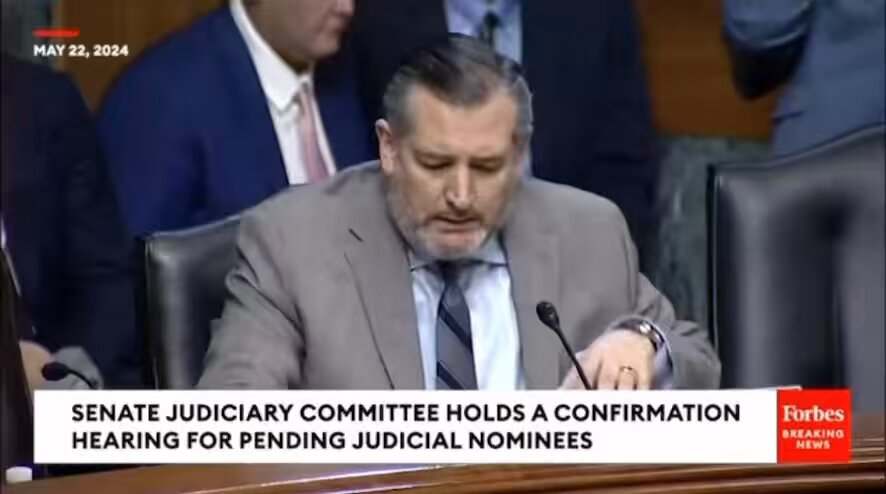The statement and the referenced conversation involve a public figure (Senator Ted Cruz) and a public issue (the rights of prisoners and the placement of transgender individuals in prisons). This constitutes public discourse as it engages with societal issues and policies.
- The statement does not directly cause harm but could be seen as contributing to a potentially harmful narrative if not handled sensitively. It neither strongly adheres to nor violates this principle.Principle 1:I will strive to do no harm with my words and actions.
- The statement does not engage in cyberbullying, harassment, or hate speech directly, but the context of the conversation could be seen as stigmatizing transgender individuals, which could be a violation of this principle. [-1]Principle 2:I will respect the privacy and dignity of others and will not engage in cyberbullying, harassment, or hate speech.
- The statement does not promote understanding, empathy, or compassion. It focuses on a controversial and sensitive issue without fostering a constructive dialogue, which is a minor violation. [-1]Principle 3:I will use my words and actions to promote understanding, empathy, and compassion.
- The statement asks for a counter-argument, which could be seen as an invitation for constructive dialogue. However, the tone and context suggest a confrontational rather than a collaborative approach, which is a minor violation. [-1]Principle 4:I will engage in constructive criticism and dialogue with those in disagreement and will not engage in personal attacks or ad hominem arguments.
- The statement upholds the principle of free speech and uses the platform to engage in public discourse, but the responsibility and integrity aspect is questionable given the sensitive nature of the topic and the potential for harm.Principle 7:I will uphold the principles of free speech and use my platform responsibly and with integrity.
